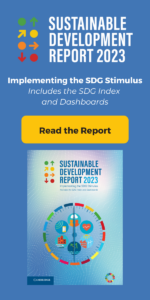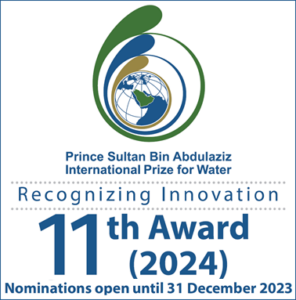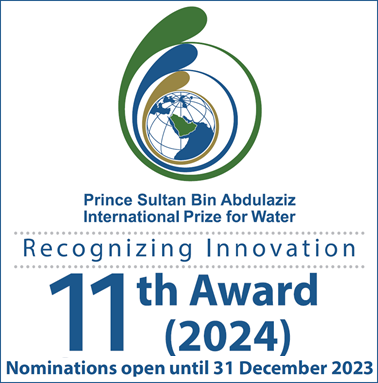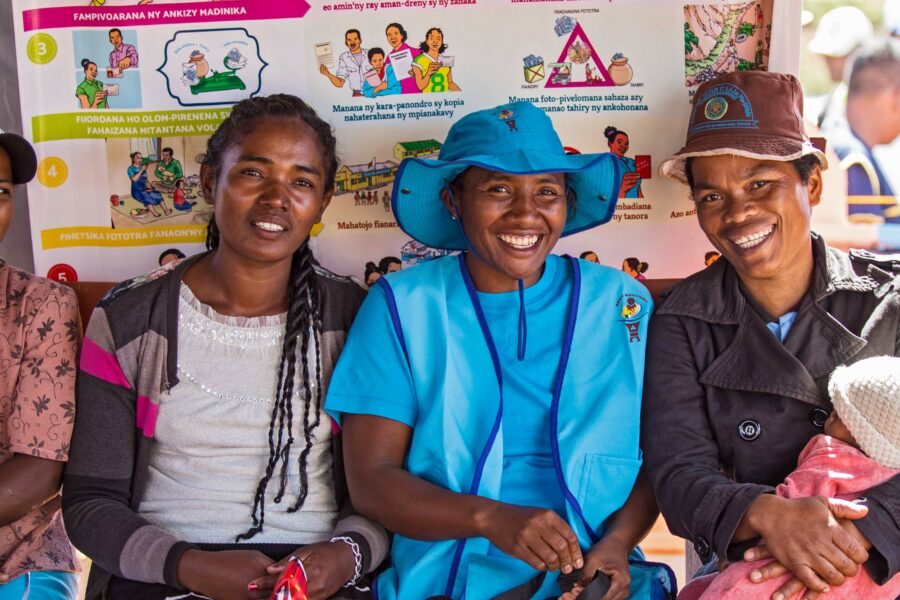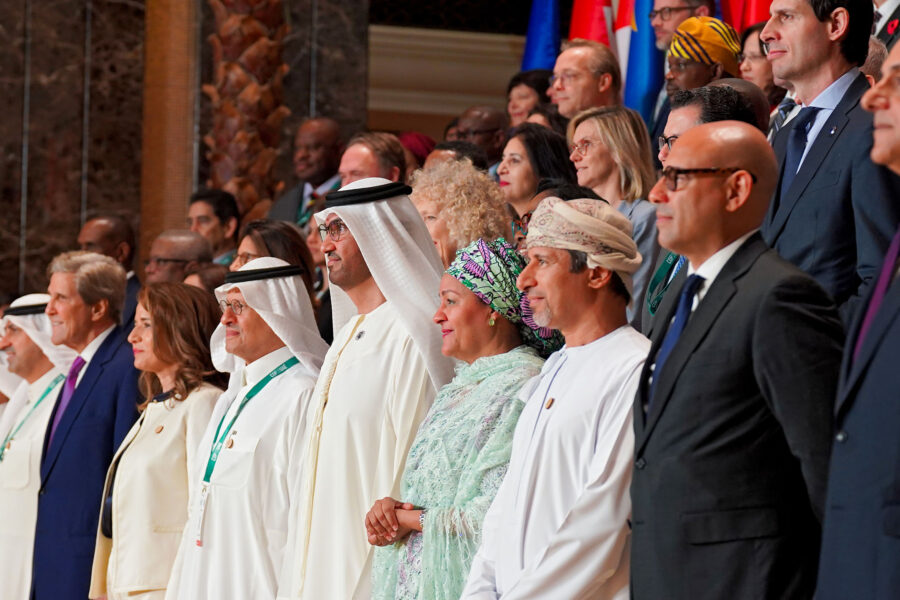Governance through goals: the benefits of target-setting for the SDGs
Setting long-term goals and targets towards achieving sustainability can induce more immediate advantages too
Data and monitoring
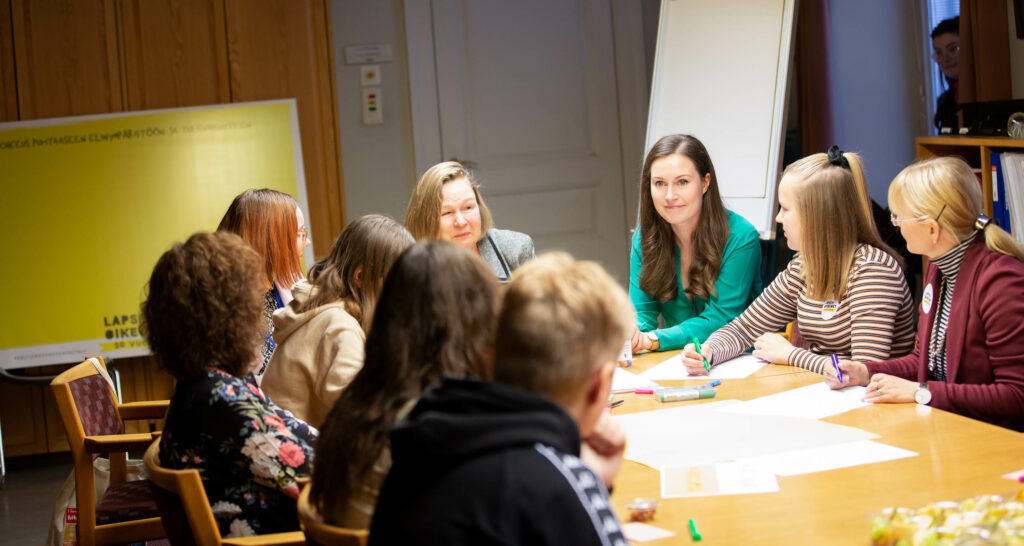
Among the many tools that can encourage societies in their transition towards sustainability, I want to highlight the importance of setting goals and targets – what we now call “governance through goals.” As work to achieve the Sustainable Development Goals (SDGs) gathers pace around the world, this novel approach to improving global governance on sustainability deserves more attention.
We have already seen that setting effective, long-term goals and targets to support SDG implementation can lead to benefits in three important areas.
1. Forging partnerships
Long-term targets are regarded as signals that an actor – be it a national government, local government, or company – is moving in a positive direction on sustainability. Such targets in turn attract other actors who are also moving in that direction, leading to potential partnerships and collaboration. These partnerships can take various forms, from sharing ideas to pooling financial or human resources.
2. Creating ethical appeal
Goals and targets set to move towards achieving the SDGs have built-in ethical legitimacy. The SDGs are supported by all UN Member States. Actors who are working to support the SDGs are therefore likely to enjoy broad support within their societies – or at least suffer minimal objections. Those companies setting goals and targets to achieve the SDGs are more likely to be considered as socially accountable and ethically “sound.” This is an important consideration for private companies that are often viewed as primarily pursuing their own self-interests.
3. Incentivizing innovation
Pursuing even a single SDG using business-as-usual practices would be difficult enough – working towards achieving multiple SDGs simultaneously will necessarily stimulate creativity and can lead to innovation. To take just one example: for engineers, long-term goals and targets are helpful tools to remind them of the wider societal benefits they are contributing to – rather than being solely focused on day-to-day technological development.
Conclusion
A growing number of actors are setting long-term targets and goals that are aligned with the SDGs. Starting with profit and financial markers, we’re now seeing many companies setting targets on a wide range of critical indicators, from greenhouse gas emissions, to gender-based employment, to plastics reduction. Some companies are even embedding these targets as part of their supply chain management. Of course, targets are not enough on their own, and implementation as well as measurement and review are vital. But setting ambitious targets is an important first step towards transformation, and I want to see more of them in all domains of the 17 SDGs.

